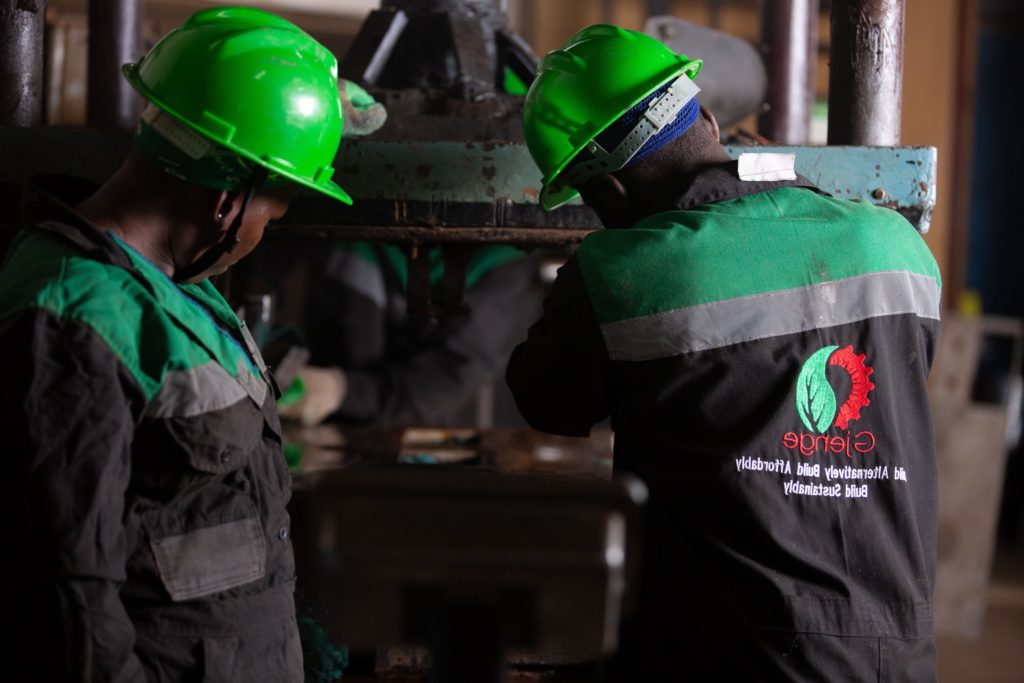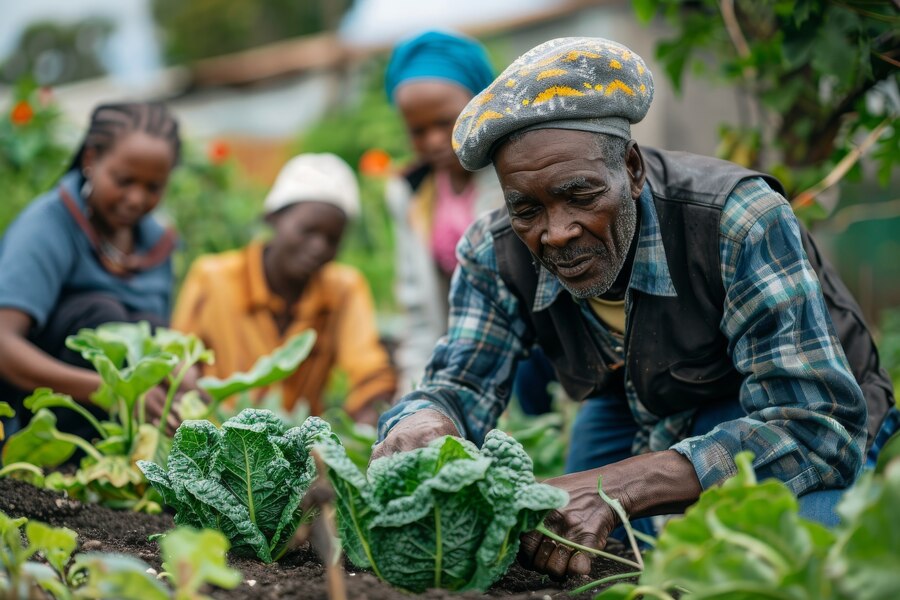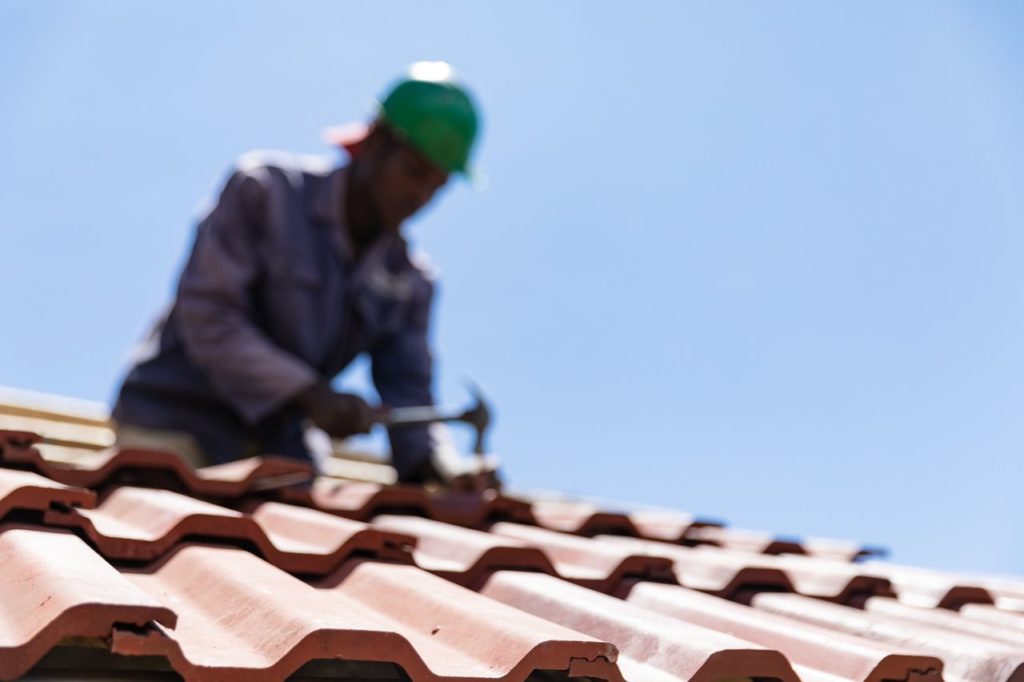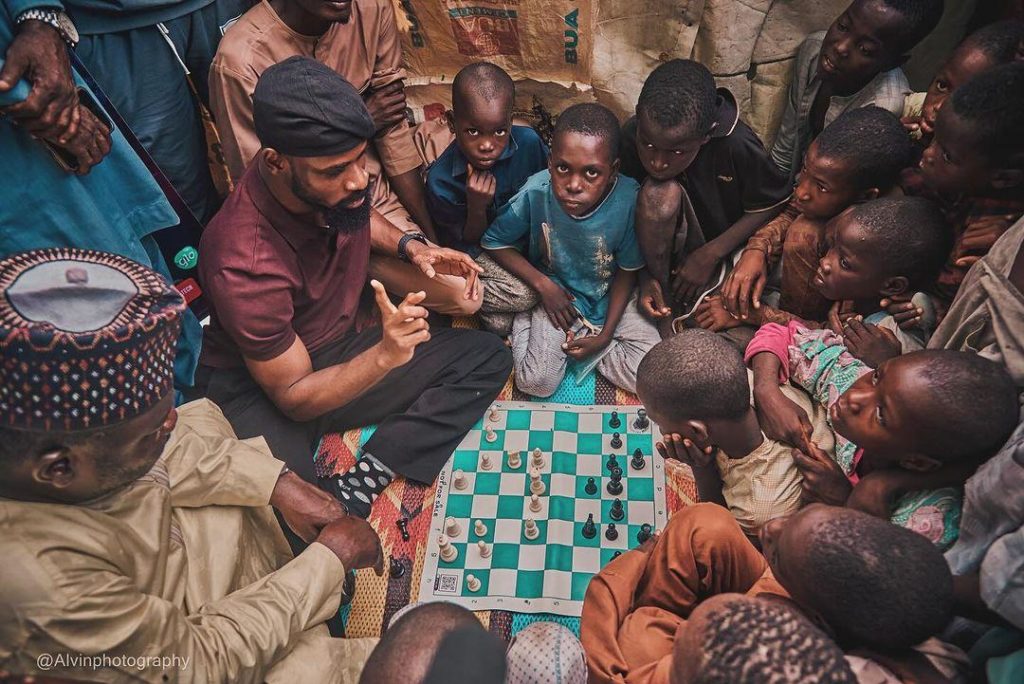The Maghreb has a very dynamic digital ecosystem. It is in this part of North Africa that start-ups such as Yassir and Freterium have emerged to offer solutions that are each more innovative than the last. WattNow is also one of those tech-centric companies that have succeeded in developing useful and practical offerings. The start-up reduces electrical energy wastage in households and businesses. It provides solutions IoT (Internet of Things) and digital technologies that enable the Tunisian population to monitor, analyse and regulate their electricity consumption. In this Fanaka StoryWe'd like to take you on a tour of this start-up, which is on a crusade against the all-too-frequent waste of electricity in Tunisia.
An intelligent solution to regulate Tunisians' electricity consumption
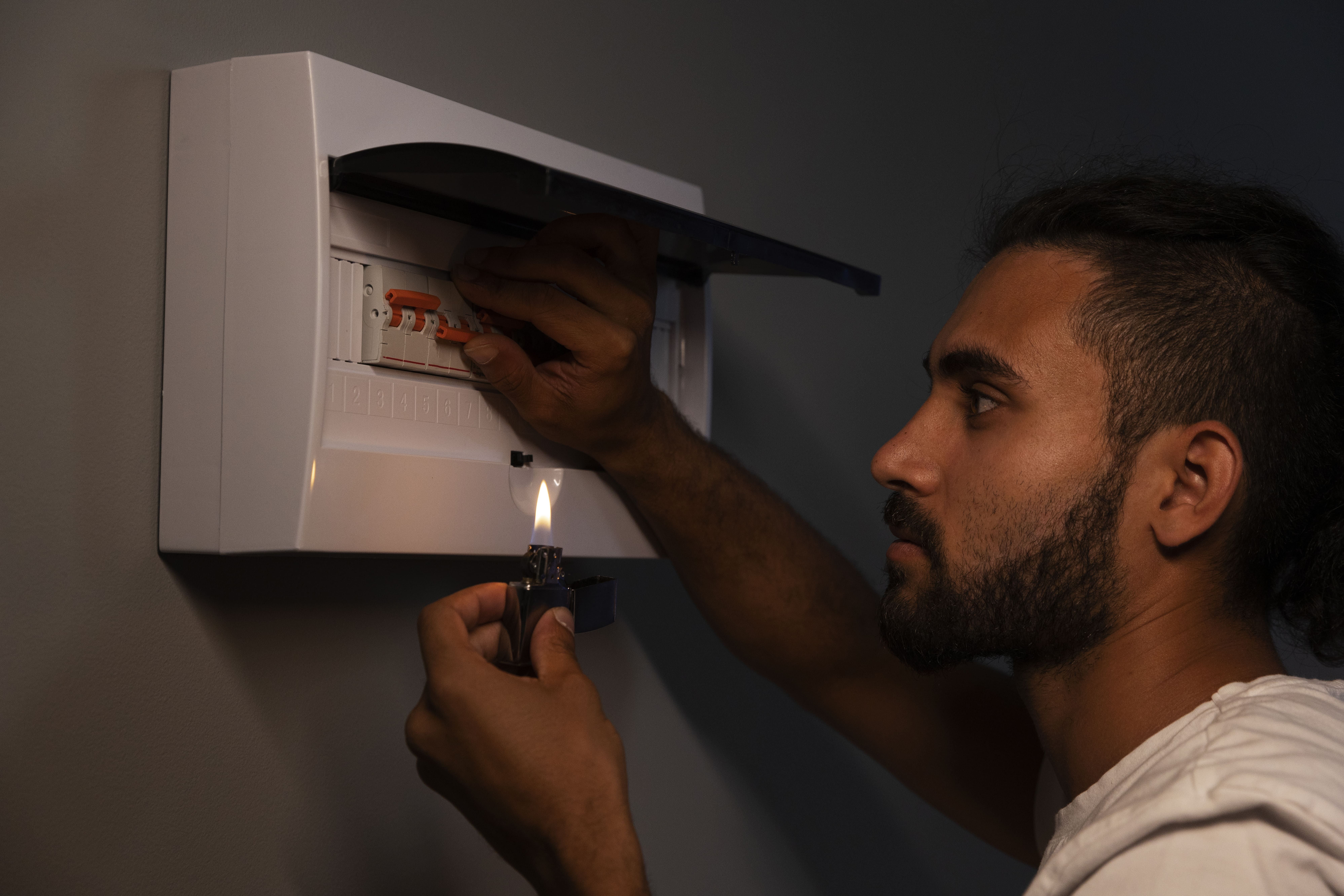
Created in 2017 by Issam SmaaliWattNow is a young, innovative company with an IoT solution of the same name. This enables people to control their energy consumption. In many African countries, the high cost of energy and the lack of transparency of supply companies are often a real problem for consumers. Curiously, this leaves the door open to energy waste which simply increases carbon footprint of many countries.
For Issam, it was time to sound the alarm, but also to design a solution that would enable people to regulate their energy consumption. And so WattNow was born. The start-up offers smart meters that combine machine learning and IoT solutions. These boxes are capable of analysing consumption and switching off the electronic circuit if the preset amount is exceeded. They also record the data and transmit it to a cloud (machine learning). Users can access this data in real time via a dashboard or mobile application. The platform shows them the indicators, the history of their consumption, and so on.
and where energy is used most. Thanks to this easy-to-use system, consumers can save not only energy, but also money, not to mention reducing their carbon footprint in the fight against climate change.
A start-up committed to achieving sustainable development goals
At the outset, WattNow was part of the first cohort of Flat6labs in Tunisia, the leading startup accelerator in North Africa and the Middle East. It began its development thanks to a $20,000 prize won in 2017 at the BloomMasters. The energy management start-up continues to attract interest from investors, and has already taken part in a number of international events, including the Annual technology fair GITEX GLOBAL and VivaTech 2019. It has also raised $1.3 millionat a pre-series A round attended by international and local investors.
It's been a great success, but the start-up hasn't forgotten its mission. It is committed to reducing electricity consumption in Tunisia by 30%. Having assigned itself such a mission also enables it to contribute to achieving three of the Sustainable Development Goals, namely MDG 7 (clean, modern, sustainable and affordable energy services), MDG 12 (responsible modes of production and consumption) and MDG 13 (combating climate change).
At the heart of this adventure, WattNow has brought on board major groups such as Carrefour and Orange Tunisia. These companies, which are likely to use large quantities of electricity, are now putting their trust in the start-up to help them consume more responsibly. But it wasn't easy from the start. But thanks to the added value and technical soundness of the project, WattNow has won the confidence of its customers and is now one of the leaders in its sector.

Today, WattNow is a successful start-up that is working to bring itself in-house by Africa and the Middle East. Thanks to a comprehensive system for monitoring energy consumption, the company is introducing Tunisia to a new, more responsible way of consuming.
At Fanaka&Co, we believe that WattNow has all the makings of a sustainable solution, that it could go through many growth cycles and conquer the rest of Africa.

